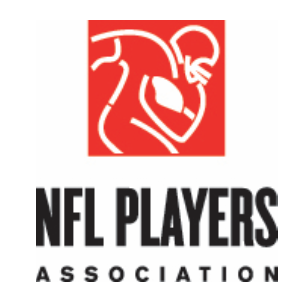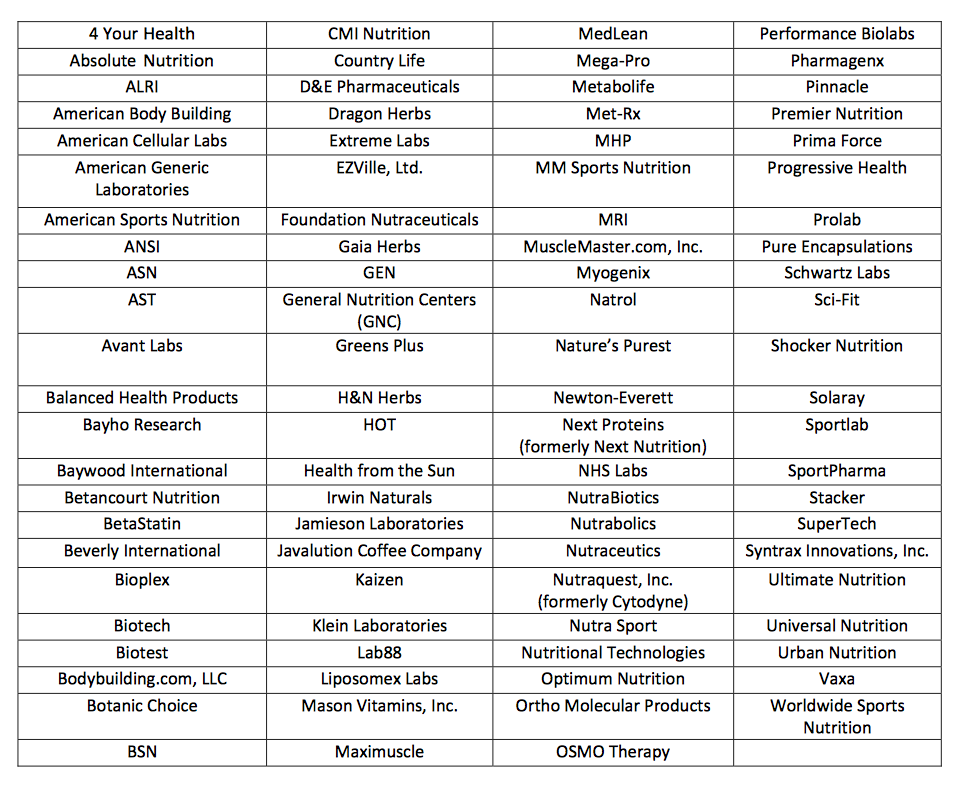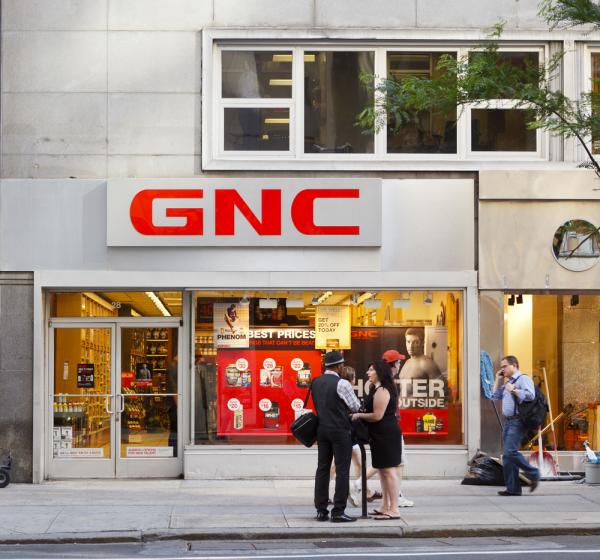While many Super Bowl advertisers scored heavily from the massive U.S. television audience that kept growing as the New England Patriots staged their unprecedented comeback and thrilling overtime victory, one jilted company is steaming mad after being ejected from the annual spotlight of pricey commercials.
That company, GNC, is crying foul over the late decision by the Fox network to reject its spot just days before Sunday night's kickoff in Houston. By being banished, the purveyor of supplements, vitamins and shelves filled with all sorts of unsavory stuff is charging the business equivalent of unsportsmanlike conduct, while at the same time threatening to sue the network, and possibly the NFL, for being denied the opportunity to have its commercial seen by 111.3 million viewers, the fourth-biggest Super Bowl audience ever.
Despite being shocked at the 11th hour to take its $5 million – this year's stunning rate for a 30-second spot – and go home, the actual reasoning for sidelining GNC is as spot-on as a laser-like, Tom Brady pass: the company peddles suspicious products, many filled with who-knows-what that does who-knows-what. So fittingly, GNC was sacked while attempting to buy its first-ever Super Bowl commercial, while learning that it was on a list of banned companies that the NFL won't do business with.
 The NFL says that companies on this banned list, maintained by the NFL Players Association, cannot run commercials during Super Bowl broadcasts. And if GNC doesn't like being flagged by the league for being a bad corporate citizen, a solution is readily available.
The NFL says that companies on this banned list, maintained by the NFL Players Association, cannot run commercials during Super Bowl broadcasts. And if GNC doesn't like being flagged by the league for being a bad corporate citizen, a solution is readily available.
Get off the list.
GNC should sell only reputable products, and stop selling the harmful, sometimes dangerous, junk it does currently. The American Council has condemned this company repeatedly over the years – "What The Hell Is GNC Selling Now?" (2015), "Oregon Sues GNC Over Illegal Supplement Sales" (2015), and in 2016, under the headline of "GNC: Good Night Conmen", we produced a compendium of articles we and others have written on this shifty enterprise.
As reported by USA Today, which initially called attention to this potential conflict, prompting both Fox and the league to act six days before the big game, "GNC was on that list because of its previous association with NFL banned substances," the newspaper wrote on Feb. 3. "While the ad might not have strictly conflicted with NFL advertising guidelines, it did conflict with that list of prohibited companies for players, and it is not clear how well-known that list was to Fox or even around the league office."
For GNC, one major point of contention was that its ad was designed to promote a campaign, not a specific product, or products, which made health claims that potentially couldn't be verified. The concept of the health-improvement ad was "Courage to Change," which featured "inspirational true stories" and "stories of change represented by the people in our commercial," according to Jeff Hennion, GNC’s executive vice and chief marketing officer. In addition, Mr. Hennion said Fox agreed to air the spot in mid-December and never objected to the content of the commercial.
However, the conflict was based on a joint policy by the NFL and the NFL Players' Association, which states in part that: "NFL Players are prohibited from entering into a business relationship with any company (or the parent or subsidiary of any company) ... that is known to manufacture or market a product whose ingredient label includes a substance banned by the NFL Policy on Anabolic Steroids and Related Substances."
Since players are not allowed to do business with these companies, USA Today theorized, then why is one of the league's broadcast partners allowed to? The newspaper then presented this potential double standard to the NFL and Fox, and in swift fashion, after getting input from the league, Fox pulled the commercial from its first-quarter lineup.
Fox was flat-out wrong for not knowing about the list, and for not telling GNC months earlier before video production began that the company would not be welcome to air a commercial. But once it did learn about the issue, the network was correct to show GNC the door.
"If the ad were allowed to air," the newspaper stated, "it would have created a conflict in which the NFL was using its biggest event to help promote a company that its players were forbidden to promote."
 If you're curious as to which other corporate all-stars are on the NFL's banned company list, consult the enclosed chart, courtesy of the NFLPA. On its website the description above the chart reads: "These companies remain on the list of Supplement Companies Associated with the Production Manufacture or NFL Distribution of Banned Substances."
If you're curious as to which other corporate all-stars are on the NFL's banned company list, consult the enclosed chart, courtesy of the NFLPA. On its website the description above the chart reads: "These companies remain on the list of Supplement Companies Associated with the Production Manufacture or NFL Distribution of Banned Substances."
As if GNC is employing one of Patriots coach Bill Belichick's trick plays filled with misdirection, the company is now attempting to fool the public into thinking it was an innocent victim harmed by Fox and the NFL. But the truth is that when your company has a playbook lacking in substance, and full of smoke and mirrors, you should expect that your quarterback will face a heavy rush before he ends up flat on his back.
It would benefit GNC's QB, Mr. Hennion – who now is picking himself up off the turf – to finally accept why he and his team just got trampled.




